You’ve had this problem for years. You know the pain it has caused you. Maybe you hid it from those you love.
You remember how hard it was to admit that you’re an alcoholic. But, even though it has caused you pain, you are determined to put your life back together. And you do not want your past addiction to hold you back. Nor should it. The law recognizes that recovering alcoholics can and are able to work with their condition.
Recovering alcoholics often tell anyone who asks that alcoholism is a disease. According to Alcohol.org, “alcoholism, like other addictions, is a chronic disease affecting the reward, memory, and motivation systems of the brain.”
Given the apparent consensus that alcoholism is a chronic disease, surely it should fit the definition of disability. The good news is that it normally does under federal law. And, because of this, you will likely receive protection under it.
Is alcoholism considered a disability under federal law?
Employment in the United States is all will. This means that your employer can fire you for any non-illegal reason.
Illegal reasons are typically violations of the various employment statutes prohibiting discrimination based on:
- Gender
- Race
- Religion
- Ethnicity
- Age
- Disability
- Marital status
- Pregnancy
- National origin
- Genetic information
Specifically, the American with Disabilities (ADA) protects persons with disabilities in the workplace. The ADA classifies a person as disabled in three ways:
- A person may be disabled if he or she has a physical or mental condition that substantially limits a major life activity (such as walking, talking, seeing, hearing, or learning);
- A person may be disabled if he or she has a history of a disability (such as cancer that is in remission); or
- A person may be disabled if he is believed to have a physical or mental impairment that is not transitory (lasting or expected to last six months or less) and minor (even if he does not have such an impairment)
The Equal Opportunity Employment Commission (EEOC) is a federal agency authorized to enforce federal employment laws. You may be familiar with this agency. If you believe that your employment rights have been violated, you would file a “charge” with the EEOC.
The EEOC Explains the Charge Process on its Website
The EEOC — the federal agency that interprets employment law and enforces it — has said that alcoholism can qualify as a disability under the ADA.
If an alcoholic is recovering or even still abusing alcohol, they fall into the definition.
Some courts, however, have opined that alcoholics are not covered under the ADA. There is some grey area here. And you should contact a lawyer to find out if there is grey area in your case.
How do you accommodate an alcoholic?
If an alcoholic is defined as disabled under the ADA, then they have certain rights. As a disabled person, they have the right to request a reasonable accommodation from their employer.
They must still be able to perform the essential functions of their job with the accommodation. Otherwise, the company is not required to keep them employed.
A reasonable accommodation might be that the person suffering from alcoholism be allowed to attend meetings during work hours.
You may be able to ask for a medical leave of absence from work to go to rehabilitation. Leaves of absence from work have been considered reasonable under certain circumstances.
You might be able to get this medical leave on top of your normal FMLA leave. But your company is not required to give you anything that would create an undue hardship.
You should also know that employers can set rules for the use of alcohol in the workplace. You cannot ask to show up to work drunk.
And, if you’ve been given an accommodation because your work suffered, your employer can put more stringent requirements on you when you return from leave. This could be drug tests or agreements to participate in certain programs.
What if my Employer Refuses my Request?
An employer can always refuse a request for a reasonable accommodation. Perhaps your employer needs all employees at work during work hours.
Or maybe your employer believes this request is unreasonable. After all, alcoholic’s anonymous meetings normally occur during the evening.
If your employer fails to accommodate your request make sure that you document your request in writing. It’s very important that you make a paper trail.
If you’re documenting your request via e-mail, I always recommend that you send a version of that e-mail to your personal computer. You want to make sure that your employer cannot say, under any circumstances, that you did not request an accommodation.
You should date the e-mail and attach any written documentation. But you can also just send an e-mail if your company does not have a reasonable accommodation form for you to fill out.
If your employer denies your accommodation request, don’t get discouraged. Your employer is obliged to engage in the interactive process.
This means that they have to work with you to find a suitable accommodation. Most employers know that they cannot say no immediately. You both have to work together in good faith to find an accommodation.
Also, remember that you do not have to accept your employer’s proposed accommodation. Sometimes employers try to give you an accommodation that would be the least burdensome on them.
Or an accommodation that does not meaningfully help you.
You have the right to keep pushing for the accommodation that you need.
You should not be afraid to make repeated requests. If your manager says no, try HR. If HR, says no, consider contacting the legal department.
At a certain point, it depends on how much you want your accommodation. Unfortunately, if you keep going up the chain, you may ruffle some feathers.
If your employer does not change its mind, you can consider:
- Hiring a lawyer: You can hire a lawyer to advise you. Your lawyer would likely charge on an hourly basis for the employment advice. But it might be worth it. Having full knowledge of your options at this point will likely save you time, money, and heartache in the long term.
- Filing a charge with the EEOC: A charge with the EEOC would start a formal EEOC investigation. You can file a charge without a lawyer. It’s always smart, however, to contact a lawyer, if you can. Some will even give free consultations, especially if it seems likely that your case will develop into a lawsuit.
So, yes, alcoholism is a disability under federal employment laws. Your employer has an obligation to provide you with a reasonable accommodation, should you request it. Make sure you put your request for a disability in writing. E-mail is probably preferable.
Can You Claim Disability for Alcoholism, Substance Abuse, and Drug Addiction?
Alcoholism, substance abuse disorders, and drug addiction are unlikely to lead to disability benefits.
Social security disability differs from disability claims under the Americans with Disabilities Act (ADA).
Under the ADA, the standard for disability focuses on preventing discrimination and making sure that employees have reasonable accommodations so they can work.
Social Security Disability benefits, however, focus on whether your disability renders you unable to work.
According to the Social Security Administration:
The law defines disability as the inability to engage in any substantial gainful activity (SGA) by reason of any medically determinable physical or mental impairment(s) which can be expected to result in death or which has lasted or can be expected to last for a continuous period of not less than 12 months.
Disability is strictly defined under the Social Security Act. Social Security Disability beneficiaries are among the most severely impaired in this country.
Unfortunately, you can no longer obtain disability benefits for drug or alcohol abuse. Although drug and alcohol abuse alone does not qualify, you still may receive benefits for other reasons.
If your use of alcohol or drug, drug addiction, or substance abuse caused lasting damage to your body, you might qualify for disability benefits.
For example, an alcoholic might develop alcohol-related liver problems, emotional problems, or emotional problems. These problems may be considered so severe that an employee can no longer engage in SGA.
Employer Retaliation after Request for a Reasonable Accommodation
A final note is that you have job protection when you request an accommodation.
If your employer retaliates because you requested an accommodation, you are also protected under federal employment laws.
Retaliation occurs when your employer does something to adversely affect your employment after you request an accommodation.
Most employers try to stay away from potential retaliation lawsuits. These are the types of lawsuits that employees are most successful in winning.
Juries tend to get their simplicity. You requested something you had a right to request. Your employer terminated you, demoted you, etc.
And the adverse employment action you suffered was close in time to the request. If the adverse employment action is close in time to the request, you will likely have a very strong claim.
Deciding whether to request a reasonable accommodation is a personal decision. Some people do not want to for fear that they will not advance in the company. A common belief is that people will not advance once their boss learns of the disability.
There’s some truth to this. You should think through your options, preferably with an employment employer. But in the great majority of cases, you are better off requesting the accommodation.
Conclusion
Alcoholism is a life-ruining disability. Whether you are recovering, or even still impaired, you should know that you have the right to an accommodation.
The most important thing is that you get help. This is something you may have to live with. But it’s not something that has to ruin your professional life. Would a reasonable accommodation make your life better at work? If so, you should contact an employment lawyer. We can discuss the best way to make sure your job is protected while you get the help you need.

















